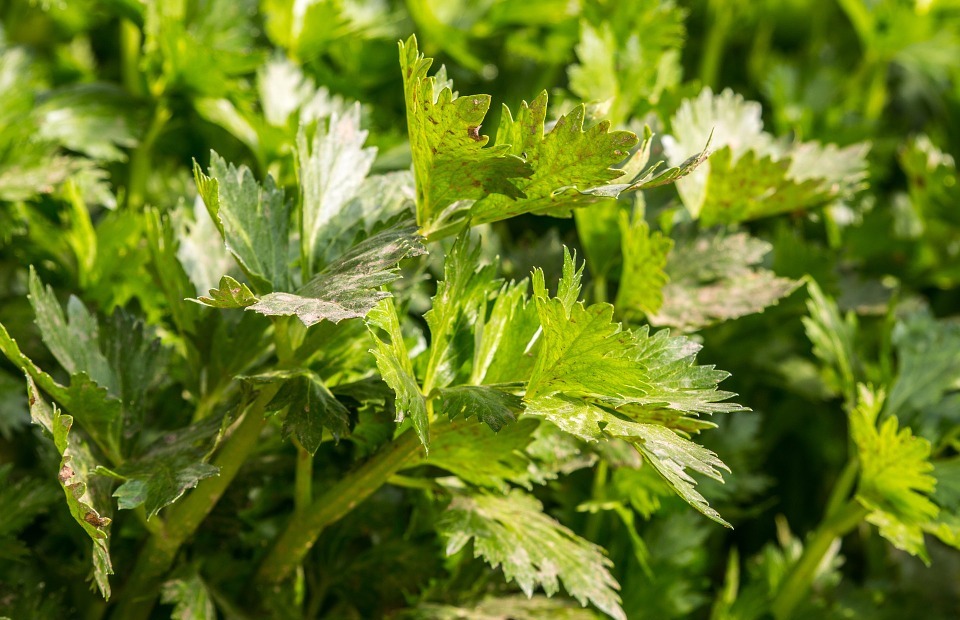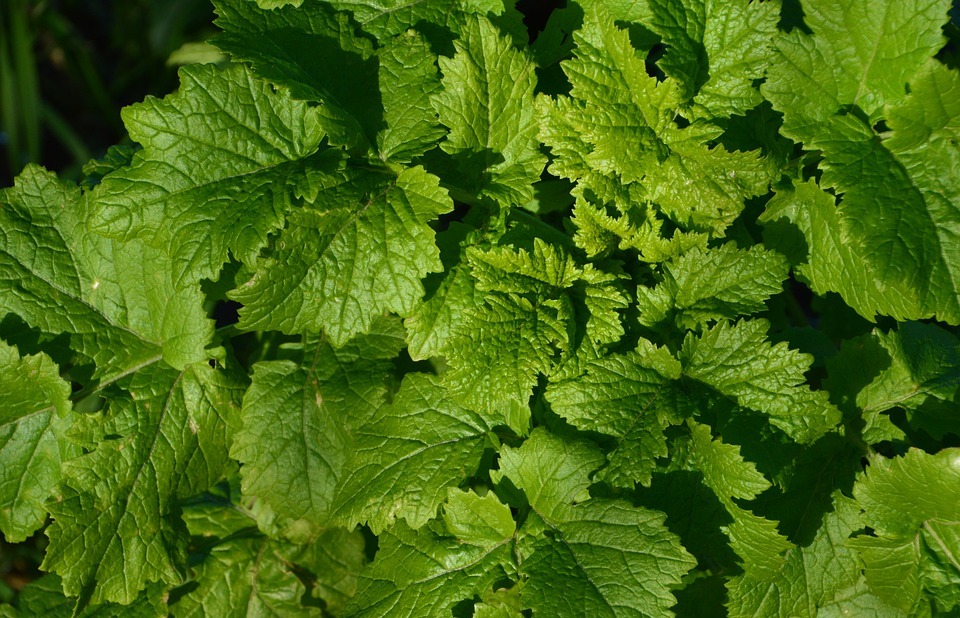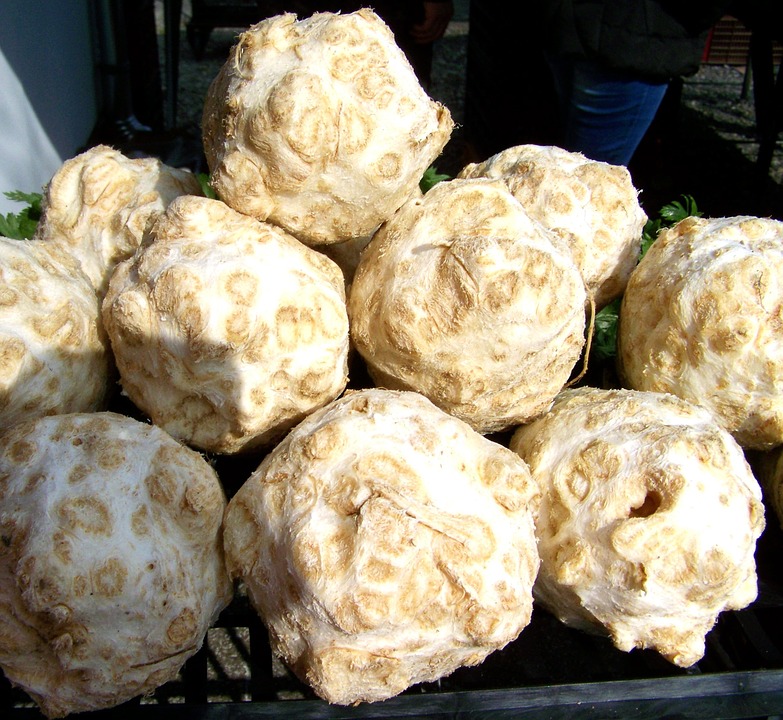This article explores the question of whether dogs can safely enjoy celery, diving deep into the nutritional benefits, potential risks, and serving suggestions. We'll also provide a comprehensive guide to other safe and healthy snacks that can enrich your canine companion's diet, ensuring their well-being and satisfaction.
Part 1: Celery – A Crunchy Treat or a Hidden Hazard?

1.1. Nutritional Value of Celery
Celery is often hailed for its low calorie content and high water content, making it a refreshing and hydrating snack. It's a source of essential vitamins and minerals that can contribute to your dog's overall health.
- Vitamin K: This crucial vitamin plays a role in blood clotting and bone health, ensuring your dog's ability to heal properly and maintain strong bones.
- Vitamin A: Essential for vision, healthy skin, and a robust immune system, Vitamin A supports your dog's ability to see clearly and fight off infections.
- Vitamin C: Acting as a potent antioxidant, Vitamin C strengthens the immune system and helps protect your dog from harmful free radicals.
- Potassium: This vital mineral helps regulate blood pressure and muscle function, ensuring your dog's heart and muscles are working efficiently.
- Folic acid: Essential for cell growth and development, folic acid plays a crucial role in your dog's growth and development, particularly during puppyhood.
1.2. Potential Risks of Celery for Dogs
While celery holds nutritional benefits, it's important to be mindful of potential risks associated with feeding it to your dog.
- Choking Hazard: Celery stalks, especially when raw, can be a choking hazard for dogs due to their rigid texture and fibrous nature. Smaller breeds or pups with a history of chewing difficulties are particularly susceptible.
- Gastrointestinal Upset: The high fibre content in celery can lead to digestive discomfort, such as diarrhoea or constipation, especially if consumed in large quantities.
- Pesticides: Like many vegetables, celery may contain pesticide residues. While levels are generally low, it's vital to wash celery thoroughly to minimize potential exposure.
- Allergic Reactions: While uncommon, some dogs may experience allergic reactions to celery, leading to symptoms such as itching, swelling, or digestive upset.
1.3. Can Dogs Eat Celery? The Verdict
In moderation and with proper preparation, celery can be a safe and enjoyable treat for dogs. However, it's essential to consider the potential risks and exercise caution. It's best to avoid giving celery to puppies, small breeds, or dogs with chewing difficulties.
Part 2: Safe Ways to Serve Celery to Your Dog

2.1. Preparing Celery for Canine Consumption
To ensure safe consumption, follow these steps when preparing celery for your furry friend:
- Wash thoroughly: Rinse the celery under cold running water to remove dirt, debris, and potential pesticide residues.
- Slice or chop: Cut the celery stalks into small, bite-sized pieces to reduce the choking hazard. Aim for pieces no larger than your dog's snout.
- Cook or steam: While not always necessary, cooking or steaming celery can soften its texture, making it easier for your dog to chew and digest. This is particularly beneficial for older dogs or those with dental issues.
- Avoid the leaves: Celery leaves contain psoralen, a compound that can be toxic to dogs. Avoid feeding them to your pet.
2.2. Serving Suggestions
When introducing celery to your dog, follow these guidelines:
- Treat sparingly: Celery should be offered as an occasional treat, not a staple in your dog's diet.
- Monitor consumption: Observe your dog closely for any signs of choking, digestive upset, or allergic reactions. Pay attention to their body language and behaviour.
- Combine with other treats: Adding chopped celery to your dog's favourite food or mixing it with other healthy treats can make for a balanced and enticing snack.
Part 3: Alternatives to Celery: A Wider World of Safe Snacks

3.1. Fruits
Exploring a variety of fruits can add variety and nutrition to your dog's diet. Here are some safe and delicious options:
- Apples: Choose varieties without seeds or cores, and cut into small pieces. Apples provide fibre and vitamin C.
- Bananas: A good source of potassium and fibre, but high in sugar. Offer in moderation, especially for dogs prone to weight gain.
- Blueberries: Rich in antioxidants and low in calories, blueberries offer a healthy and tasty treat.
- Strawberries: A refreshing summer treat, but contain high levels of sugar. Offer sparingly.
3.2. Vegetables
Vegetables are essential for a balanced diet, offering a range of vitamins, minerals, and fibre. Here are some safe and enjoyable options for your dog:
- Carrots: Excellent for dental health, choose baby carrots or cut them into small pieces to avoid choking hazards. Carrots are a great source of vitamin A.
- Green beans: Cooked or steamed green beans are a healthy and digestible option, providing valuable nutrients.
- Broccoli: A good source of vitamins and minerals, but can cause gas if eaten in excess. Offer in moderation.
- Sweet potato: Cooked and mashed sweet potato is a good source of fibre and vitamins, providing a nutritious and palatable treat.
3.3. Other Treats
Beyond fruits and vegetables, there are other healthy options to consider:
- Plain yoghurt: Choose plain, unsweetened yoghurt, as flavoured yoghurt can contain artificial sweeteners and sugar. Yoghurt is a good source of calcium and probiotics.
- Chew toys: Durable chew toys can help satisfy your dog's chewing instincts while providing entertainment and promoting dental health.
- Homemade dog biscuits: Numerous recipes online offer healthy and delicious dog biscuits that you can make at home, controlling the ingredients and ensuring they meet your dog's nutritional needs.
Part 4: FAQs - Clearing the Air on Canine Snacking
4.1. Is it okay to give my dog celery every day?
No, it's best to offer celery as an occasional treat. While it's a nutritious snack, overconsumption can lead to digestive issues, choking hazards, or even potential allergic reactions.
4.2. How much celery can I give my dog?
The appropriate amount will depend on your dog's size and breed. A good rule of thumb is to start with a small piece and monitor your dog's reaction before offering more. Observe their eating habits and watch for any signs of discomfort or upset.
4.3. Can my puppy eat celery?
It's best to avoid giving celery to puppies, as their chewing skills are still developing, making them more prone to choking hazards. Stick to soft, digestible treats and wait until they are older and more adept at chewing.
4.4. What if my dog eats a lot of celery?
If your dog consumes a large quantity of celery, monitor them closely for any signs of digestive upset, such as diarrhoea, constipation, or vomiting. Contact your veterinarian if you have any concerns or if symptoms persist.
4.5. Are there any vegetables my dog should never eat?
Some vegetables are toxic to dogs, including onions, garlic, and mushrooms. These vegetables contain compounds that can be harmful to your dog's health. Avoid offering them to your canine companion.
4.6. Is celery a good source of fibre for my dog?
While celery does contain fibre, it's not a significant source compared to other vegetables and fruits. For a high-fibre diet, consider offering other vegetables like carrots, green beans, or sweet potatoes.
Part 5: Final Thoughts – A Balanced Approach to Canine Nutrition
Remember that treats should always be given in moderation and as a supplement to your dog's regular diet. A balanced diet of high-quality food is essential for your dog's overall health and well-being. If you have any doubts about what is safe for your dog to eat, consult your veterinarian. They can provide personalized advice based on your dog's specific needs and health status. Enjoy exploring a world of safe and healthy snacks with your furry companion!
Everyone is watching
-

Can Dogs Eat Bananas? A Guide to Safe Treats
DOGS & PUPPIESThis comprehensive guide will delve into the world of canine nutrition, focusing on the popular question: can ...
-

Can Dogs Eat Oranges? (Is It Safe or Toxic?)
DOGS & PUPPIESThis article delves into the question of whether dogs can safely consume oranges. We'll explore the nutrition...
-

Can Dogs Eat Grapes? The Shocking Truth About This Fruit
DOGS & PUPPIESThis article delves into the controversial topic of grapes and dogs, exploring the potential dangers associate...
-

Why Do Dogs Eat Poop? Understanding Coprophagia in Dogs
DOGS & PUPPIESThis article delves into the perplexing phenomenon of coprophagia, the act of eating faeces, in dogs. We explo...
-

Can Dogs Eat Shrimp? A Guide to Safety and Risks
DOGS & PUPPIESThis comprehensive guide dives into the world of shrimp and dogs, exploring the potential benefits and risks a...
